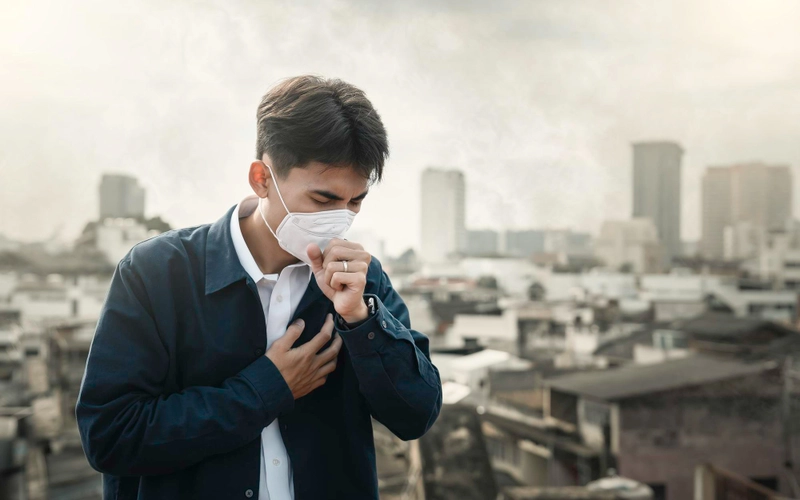- Published on: May 17, 2024
- 2 minute read
- By: SecondMedic Expert
The Importance Of Health Checkups In Preventing Disease
Health checkups on a regular basis are not just routine appointments; they are also the preventive steps towards maintaining the best of your health and preventing the diseases. In this blog, we will dive into the importance of health checkups and explore why and how different types of health assessments can contribute to overall well-being of you and your health and disease prevention.
Why Are Health Checkups Important?
Health checkups play a crucial role in identifying potential health issues early on, even before symptoms start to showup in your body. This early detection allows for timely intervention and treatment, significantly improving health outcomes. Many serious health conditions, such as cardiovascular diseases, diabetes, and certain types cancers, can be managed more effectively when they are detected in their early stages through regular checkups.
Types of Health Checkups
-
Complete Body Checkup
A complete body checkup is an overall assessment that evaluates various aspects of health, including blood parameters, organ function, and overall wellness. It basically includes tests for blood sugar, cholesterol levels, liver and kidney function, thyroid health, and more. A thorough evaluation of these vital parameters provides valuable information into your overall health status. -
Cardiac Health Checkup
Cardiac health checkups focus specifically on evaluating cardiovascular health. These evaluations often include tests like lipid profile (cholesterol levels), blood pressure monitoring, ECG (Electrocardiogram), and stress tests. By monitoring cardiac health regularly, individuals can identify risk factors for heart disease and take precautions to maintain a healthy heart.
Benefits of Different Health Checkups
-
Early Detection and Prevention: Regular health checkups helps in early detection of health issues, allowing for immediate treatment and preventive measures to avoid complications.
-
Customized Health Management: Different types of health checkups offer to specific health concerns, enabling personalized health management based on individual needs and risks.
-
Peace of Mind: Knowing your health status through routine checkups provides reassurance and encourages you to take proactive steps towards maintaining good health.
-
Lifestyle Guidance: Health professionals can offer valuable guidance on lifestyle modifications, diet improvements, and exercise routines based on checkup results, promoting healthier habits.
Tips for Effective Health Checkups
-
Schedule Regular Appointments: Scheduling appointements for annual or half yearly health checkups, especially if you are above 35 years old or have specific health concerns.
-
Following Instructions before the tests: Following all the fasting requirements before the tests and other instructions to ensure that the test results come accurate an you can accordingly.
-
Communicate Openly with Healthcare Providers: Discuss any symptoms or health concerns during the checkup to receive appropriate guidance from the doctors and get treatment recommendations.
-
Stay Informed and Proactive: Keep track of your health records and follow-up on any recommended screenings or treatments suggested by the doctor.
Conclusion: Prioritize Your Health with Regular Checkups
In conclusion, Health Checkups are essential for maintaining good health and preventing the spread of diseases. Different types of checkups cater to specific health needs and play a pivotal role in early detection and prevention of disease in healthcare. People can take responsibility for their health and open the door to a healthy, disease-free life by making frequent health exams a priority and adhering to established guidelines.
Our Services
Request A Callback
Recent Posts
High Blood Pressure: Everything You Need to Know
Apr 24,2025










